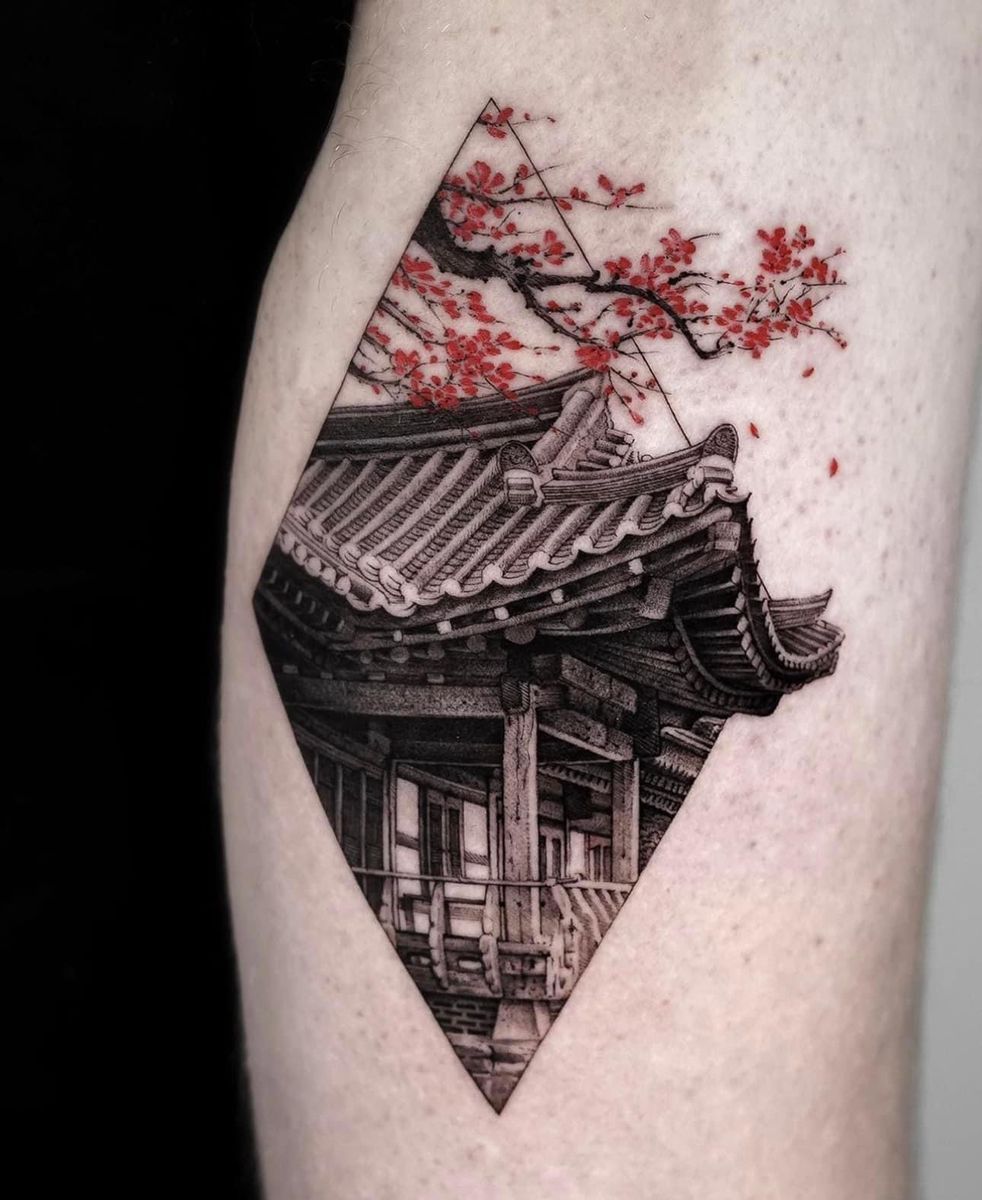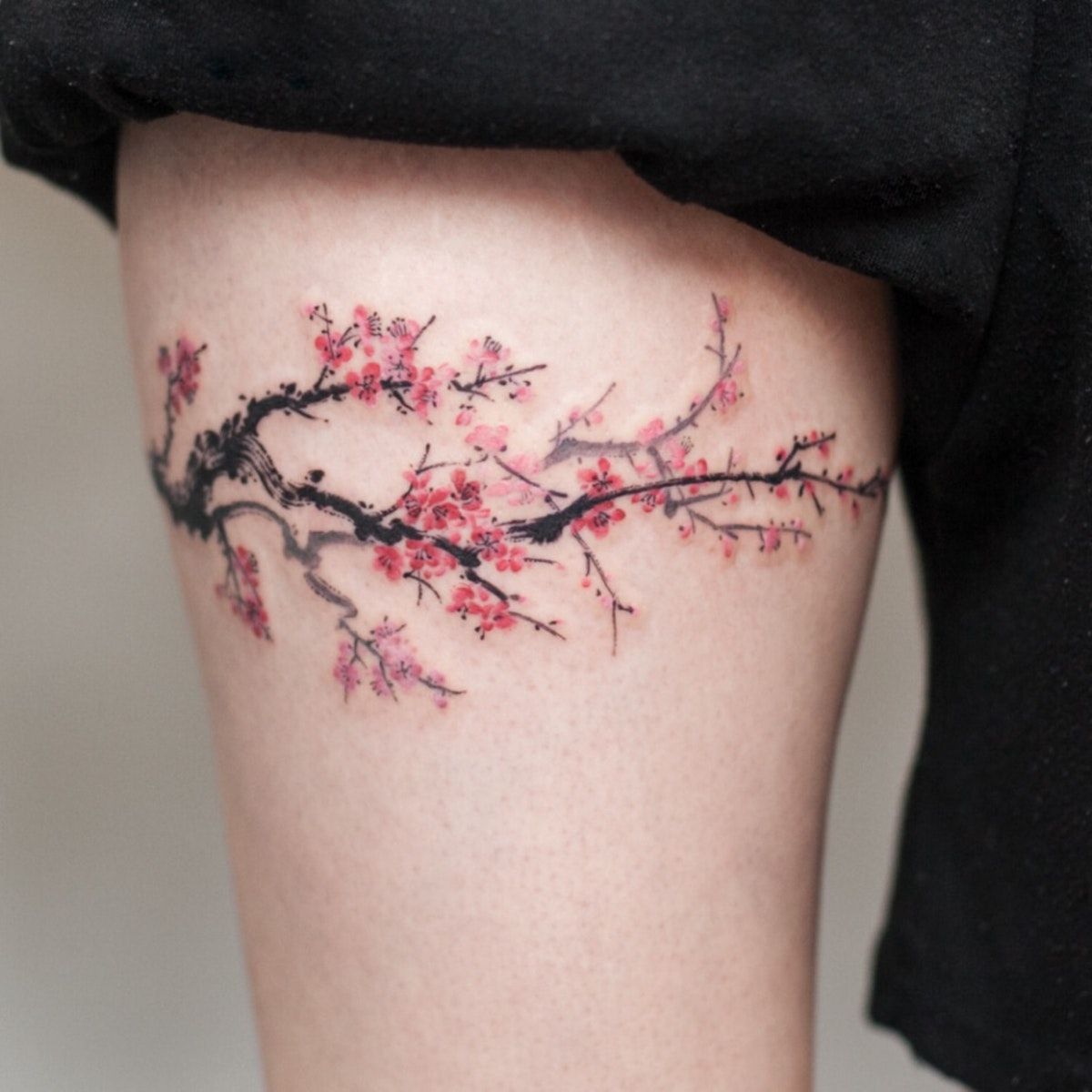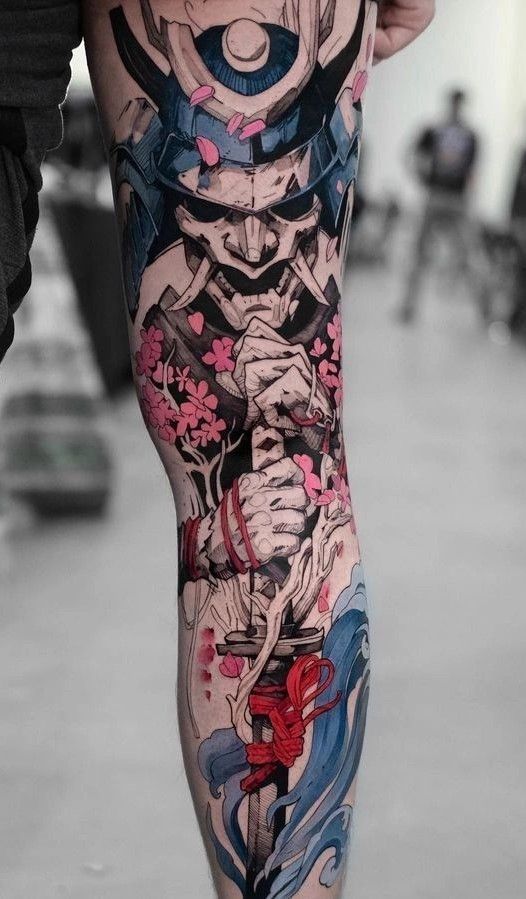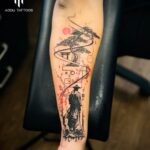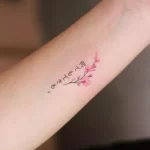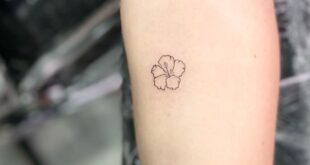Tattooing has a long and rich history in Japan, dating back centuries to the Edo period. In ancient Japan, tattoos were used as a form of punishment for criminals, marking them as outcasts in society. However, in modern times, tattoos have become a popular form of self-expression and art in Japan.
Traditional Japanese tattooing, known as irezumi, is characterized by its intricate designs and vibrant colors. Irezumi typically features motifs such as dragons, koi fish, cherry blossoms, and other traditional Japanese symbols. These tattoos are often large and cover a significant portion of the body, with artists spending countless hours meticulously crafting each design.
One of the hallmarks of Japanese tattooing is the use of traditional hand tools, such as a bamboo or metal rod with a cluster of needles attached to the end. This method, known as tebori, involves the artist hand-poking the design into the skin, resulting in a unique and striking appearance. While modern tattoo machines have become more common in recent years, there are still artists who specialize in tebori and continue to keep this ancient technique alive.
In Japan, tattoos have long been associated with the yakuza, or Japanese mafia, as many members of the criminal organization sport intricate full-body tattoos. As a result, there has been a stigma surrounding tattoos in Japanese society, with many public baths, hot springs, and gyms banning individuals with visible tattoos.
However, attitudes towards tattoos in Japan are slowly changing, and more people are embracing the art form as a means of self-expression. In recent years, there has been a growing interest in tattoo culture among young Japanese people, with many opting to get tattoos to commemorate important life events or simply as a form of personal adornment.
Despite this shift in attitude, getting a tattoo in Japan can still be a challenge, as the industry is largely unregulated and many tattoo artists operate underground to avoid legal repercussions. In fact, tattooing without a medical license is technically illegal in Japan, though enforcement of this law varies from region to region.
Overall, tattooing in Japan is a complex and nuanced art form that continues to evolve in the modern era. With a rich history and a vibrant contemporary scene, Japanese tattoos offer a captivating blend of tradition and innovation that is sure to endure for years to come.
 innstyled Tattoo Ideas
innstyled Tattoo Ideas
